- Blogs
- Discover Energy Savings with Solid Wall Insulation
Discover Energy Savings with Solid Wall Insulation

Determining Your Wall Type
Is my house built with solid walls?
To begin, determine whether your home has solid walls. If your property was built before 1920, the answer is most likely yes. You can double-check by measuring the width of the wall; if it is less than 260mm, it is most certainly a single solid wall.
How do I work out my wall type?
When determining if your walls are solid or cavity walls, measuring their breadth is a smart place to start. Anything less than 260mm is most likely a solid wall. Another method is to examine the brickwork pattern on the outside of your home (if it is visible).
Understanding the Benefits of Solid Wall Insulation
How might insulation help if your home has solid walls? Heat moves faster through solid material than via a gap or 'cavity,' therefore solid walls lose heat quickly. According to the Energy Saving Trust, solid walls can cause up to 45% of your home's heat to be lost. This is more than double the amount of heat lost via an uninsulated cavity wall. Solid wall insulation can keep your home warmer and save your energy expenditures.
Methods of Solid Wall Insulation
![Solid Wall Insulation]() How do you insulate a solid wall?
How do you insulate a solid wall?
Solid wall insulation can be carried out either from inside or outside of your home. The process involves ‘building out’ your single solid walls either internally or externally using layers of insulating material covered with boards or stud walls and cladding, designed to retain the heat.
How does external solid wall insulation work?
The outside of your home's walls will be insulated, with protective rendering and cladding installed on top. The insulation should be 50 to 100 mm wide. You can also have ornamental coatings applied on the top of the cladding to complement the style of your home.
Can you insulate a wall from the inside?
Yes, interior solid wall insulation is often the least expensive option. It entails installing rolls or boards of insulating material, such as wool fiber, to the internal walls of your home, or constructing a stud wall and filling it with the insulating material.
Considering the Pros and Cons
Is internal wall insulation worth it?
This will be determined by the type of house you have. Larger, older, detached homes may benefit the most from internal solid wall insulation because they are more prone to heat loss. Access to internal walls may also be simplified, and the minor reduction in floor area may go unnoticed.
What are the disadvantages of solid wall insulation?
If you choose internal solid wall insulation, you should be aware of the following drawbacks. First and foremost, there is a loss of space within the home. This may be more visible if you have small walls and may limit your storage options. Furthermore, you must consider the fact that there will be significant disturbance during installation. Radiators and wall sockets must be removed and reinstalled on top of the insulation once the room has been replastered and decorated. If you have external insulation installed, it may alter the appearance and feel of your property. Then there's the price.
Choosing Between Internal and External Insulation
Is it better to insulate from the inside or the outside?
The best solution for you is determined by your property as well as your budget. If your home has serious heating difficulties or already needs extensive outside repairs, external solid wall insulation may be your best alternative. It also implies that there will be far less interruption. Internal solid wall insulation is also typically less expensive and can be completed room by room.
Cost Considerations
What is the cost of solid wall insulation?
According to the Royal Institute of Chartered Surveyors (RICS), the overall cost of solid wall insulation for a typical semi-detached property is roughly £7,400 for internal walls and £13,000 for external walls. According to the Energy Saving Trust, the internal cost might be around £7,500 and the external cost could be around £11,000. In either case, it's a significant investment. If you decide to install either form of solid wall insulation, check prices and use a National Insulation Association member installer. Check that the work is also in accordance with current Building Regulations.
Energy Bill Savings
How much money can I save on my energy bills?
External or internal wall insulation will reduce an average detached household's annual expense by roughly £710. According to the Energy Saving Trust, a flat's annual expenditure would be reduced by roughly £195. While it may take years to return your pound investment, solid wall insulation will result in a warmer, more energy-efficient home. It is also likely to be a significant benefit if and when you decide to sell your property.
Financial Assistance and Planning Permission
Can I obtain financial assistance?
The government's new Green Properties Grant, which debuted at the end of September 2020, gave up to £5,000 in vouchers for energy-efficient renovations to properties in England. This included the installation of solid wall insulation. The scheme, however, expired in May 2023. Local governments and energy providers may also offer some financial support. On the Energy Saving Trust's website, look for awards that are available in your postcode.
Is planning permission required for solid wall insulation?
It all depends on the type of property you have. If you reside in a listed building or a conservation district, installing outside solid wall insulation is doubtful. This may extend to the interior of listed buildings, as it will modify the size of your rooms. You will need to seek for planning permission in this scenario. If you do not own a listed building, you may carry out installation work. If you are unclear, contact your local authority to find out what the rules are in your area.
Solid Wall Insulation for Tenants
As a tenant, can I have solid wall insulation?
From April 2020, all privately rented properties must have an Energy Performance Certificate (EPC) with a minimum E rating. If you are a tenant living in a home with uninsulated solid walls and the EPC rating is F or G (you can examine the EPC for free on the government's website), you can demand that your landlord adopt energy-saving measures such as solid wall insulation.
Exploring Other Home Insulation Options
What other options do I have for insulating my home?
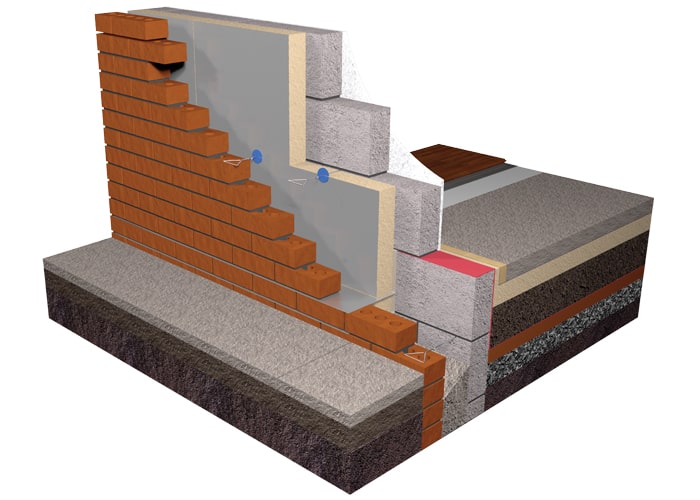 There are numerous other ways to insulate your home and make it more energy efficient, resulting in long-term savings. Consider hiring an expert to insulate your cavity walls if you have them. Cavity wall insulation is less expensive than solid wall insulation and produces immediate results. You should also consider loft insulation, which is simple to install and does not require the services of a professional. Also, make sure to read our guide on house insulation.
There are numerous other ways to insulate your home and make it more energy efficient, resulting in long-term savings. Consider hiring an expert to insulate your cavity walls if you have them. Cavity wall insulation is less expensive than solid wall insulation and produces immediate results. You should also consider loft insulation, which is simple to install and does not require the services of a professional. Also, make sure to read our guide on house insulation.
Frequently Asked Questions
Q: What is solid wall insulation?
A: Solid wall insulation is a process of adding insulation material to the external or internal walls of a building to improve its energy efficiency and reduce heat loss.
Q: What are the benefits of solid wall insulation?
A: Solid wall insulation can significantly reduce energy use and heating bills by improving the energy efficiency of a building. It also helps to reduce carbon emissions and improve thermal comfort by reducing heat loss and preventing condensation.
Q: Is solid wall insulation suitable for all types of walls?
A: Solid wall insulation is suitable for homes with solid walls that are made of materials such as brick or stone. It is not suitable for homes with cavity walls.
Q: How does solid wall insulation work?
A: Solid wall insulation works by adding an insulating layer to the walls, which helps to block heat transfer and prevent heat loss from the building.
Q: Do I need planning permission to install solid wall insulation?
A: In most cases, you do not need planning permission to install solid wall insulation. However, if you live in a conservation area or a listed building, you may need to obtain permission from the local authority.
Q: How much does solid wall insulation cost?
A: The cost of solid wall insulation depends on various factors such as the size of your home, the type of insulation material used, and the installation method. It is recommended to get quotes from multiple providers to compare costs.
Q: Will adding solid wall insulation make my home too warm in summer?
A: Solid wall insulation is designed to improve energy efficiency and thermal comfort throughout the year. It helps to keep the home warm in winter and also prevents it from getting too hot in summer.
Q: Can I install solid wall insulation myself?
A: It is recommended to hire a professional installer for solid wall insulation to ensure proper installation and maximum energy efficiency. Professional installers have the knowledge and expertise to choose the right insulation material and install it effectively.
Q: How long does solid wall insulation last?
A: Solid wall insulation is a long-term investment and can last for several decades if installed properly and maintained well. Most installations come with a guarantee period to cover any defects or issues.
Q: Is there any financial support available for solid wall insulation installation?
A: Yes, there are various financial support schemes available to help homeowners with the cost of solid wall insulation installation. These include grants, loans, and schemes such as the Energy Company Obligation (ECO).
Conclusion
To summarise, solid wall insulation is a worthwhile investment for homeowners seeking to enhance energy efficiency and save heating expenses, particularly in older homes with solid walls. You may make an informed selection specific to your home and budget by assessing your wall type, understanding the benefits of insulation, and weighing the pros and cons of internal and external insulation.
While the cost of solid wall insulation is high, the potential savings on energy costs, increased comfort, and increased home value make it an appealing decision. Furthermore, although subject to change, the availability of government grants can provide financial aid.
Remember that whether you pick interior or external insulation, the end goal is a warmer, more energy-efficient home. As technology evolves and the need for sustainability grows, investing in solid wall insulation is not only a wise financial decision, but it is also a responsible choice for lowering your carbon footprint and contributing to a greener future.

Samuel Hitch
Managing Director
Buy Insulation Online.
Leave A Reply
Your feedback is greatly appreciated, please comment on our content below. Your email address will not be published. Required fields are marked *
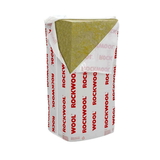
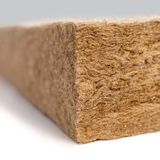
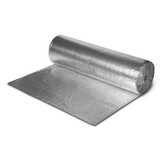
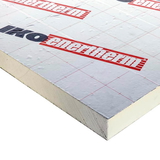
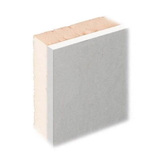
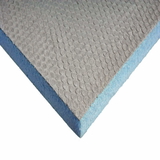
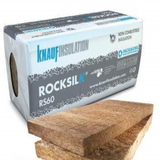

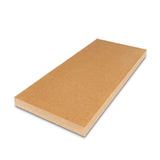
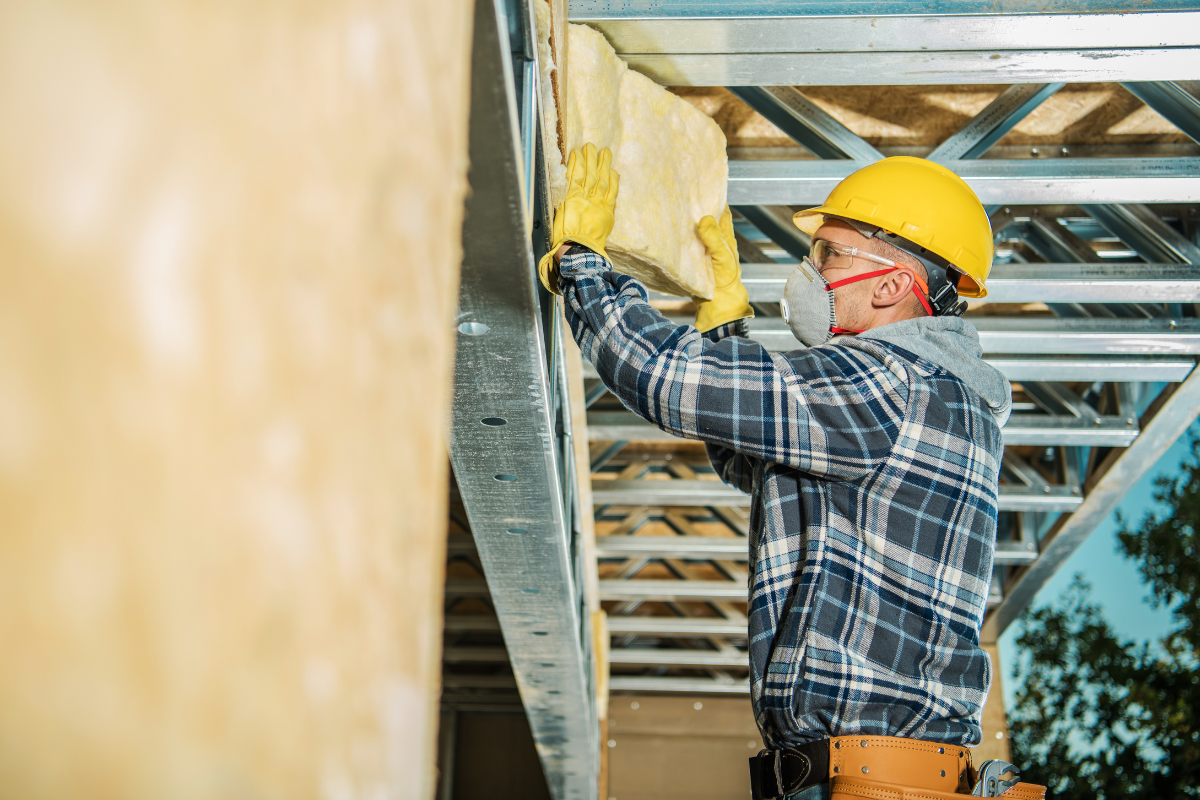 How do you insulate a solid wall?
How do you insulate a solid wall?

































































































































































































































































































































































